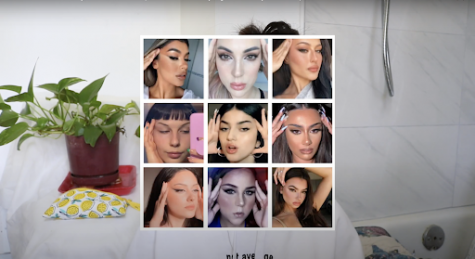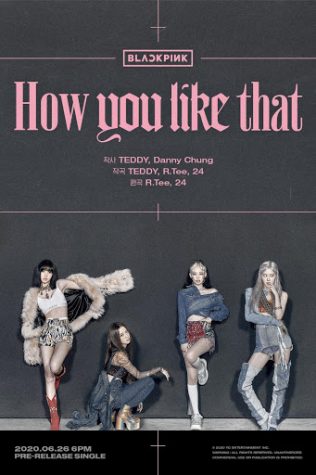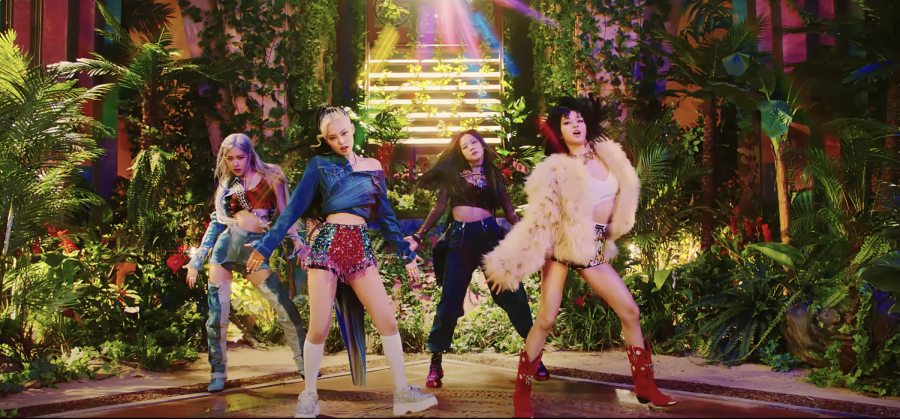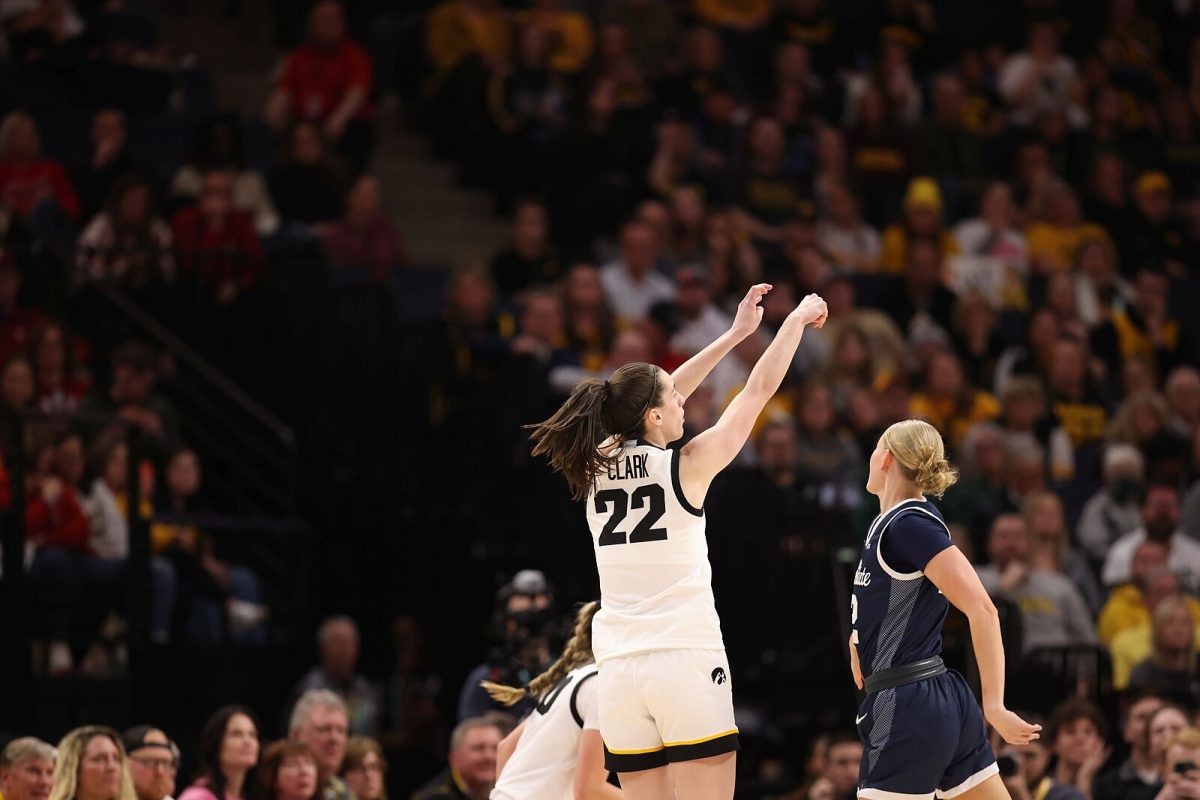KPOP entertainment companies face criticism for cultural appropriation
December 16, 2020
Over the past two years, the media has seen an increase in debate surrounding the many ways in which cultural appropriation has hidden slyly within pop art. In the Western dominated, white-washed sphere of pop culture, representation of other cultures is rare. As a result, trends, fashions, cuisines that stray from Eurocentric ideals commonly shown in mainstream entertainment are viewed as absurd, or at best, ‘exotic’ — that is, until they are adopted by well-known media influencers. Cultures are pushed aside until they are useful to artists who often cherry-pick clothing and looks to fit their aesthetic and incorporate them into their performances as a marketing ploy. A well-known instance of this is Katy Perry’s performance of her single, “Unconditionally,” at the American Music Awards, where she dressed in what could hardly be called a kimono, imitating the look of a geisha with heavy white makeup.

Besides music performances, fads such as the fox-eye trend popularized by celebrities like Gigi Hadid have been criticized as tone-deaf when the sought-after slanted eye shape of the trend had, and continues to be, a source of discrimination for many Asians.
Of course, when done respectfully and not as a means to profit off the aesthetic of a culture, cultural representation in pop culture can be positive. But used for profit, media attention, or without regard for its implications, it can propagate harmful stereotypes.
One of the latest examples of cultural appropriation to come under fire by the media is a music video by popular K-pop group, Blackpink. Titled “How You Like That,” the video broke records in views and streaming audience, hitting 100 million views just 32 hours after release, as well as becoming the video to gain the most views in the first 24 hours. With such a large audience, the music video was quick to receive a variety of comments, including heavy backlash due to the appearance of a statue of Hindu God, Lord Ganesha, as a prop in the background during Blackpink member Lisa’s solo scenes.
Not only did the use of the deity solely for the purpose of the music video’s aesthetic offend many Hindu fans of Blackpink (Blinks), it also angered them to see that the statue was placed on the floor, an action viewed as deeply disrespectful to the Hindu deity. Hindu Blinks demanded an apology from YG entertainment, while others defended the company’s actions. As Lisa is Thai, some fans pointed out that Lord Ganesha is also worshipped as Phra Phikanet in Thailand and that it was not cultural appropriation to have his statue included in the set background of Lisa’s solo shots. Nevertheless, the disrespect of placing the god on the floor next to Lisa singing on a throne and using the statue as a prop only for the aesthetic of the set did not go unnoticed, and four days after its release, YG entertainment uploaded a new version of the music video without Lord Ganesha in the backdrop. However, a formal apology was never issued.
Blackpink is not the first K-pop group to be found guilty of such insensitivity. In another incident, MAMAMOO, a four-member K-pop girl group, was heavily criticized when they performed their version of the song ‘Uptown Funk’ in blackface in imitation of the original music video.Though the outcry was followed by an apology by the girl group, explaining that they were not aware of the implications of their actions at the time, such performances exemplify the lack of cultural knowledge in the K-pop entertainment industry as a whole.

Blackpink’s music video was not an isolated incident of serious misjudgement in the world of K-pop, and will most likely not be the last. As K-pop has swelled in popularity in the past few years, the combination of a larger and more global audience along with a society beginning to grow more aware of cultural sensitivities and their representation has led to the industry having to adjust to their new demographic. As Janice Yoon, 2020 graduate of ISSH and K-pop fan, stated, the K-pop industry, “largely controlled by these major companies” through which “artists present their ideas and music,” still has some catching up to do. According to a research expert on South Korea for Statista (an online business data platform), Won So, “During the last two decades, the K-pop entertainment market was dominated by the “Big 3” K-pop entertainment agencies: SM Entertainment, YG Entertainment, and JYP Entertainment,” which in recent years has evolved to include Big Hit Entertainment. With only a few major companies greatly influencing the content exposed to such a vast audience, it is crucial that they continue to adapt to the expectations of their listeners.
Still, with the widespread attention the video received, the music video to “How You Like That?,” was perhaps, for many, the first they had heard of such instances within K-pop, and an eye-opener for many on how cultures are consistently misrepresented or disrespected within pop culture.













































